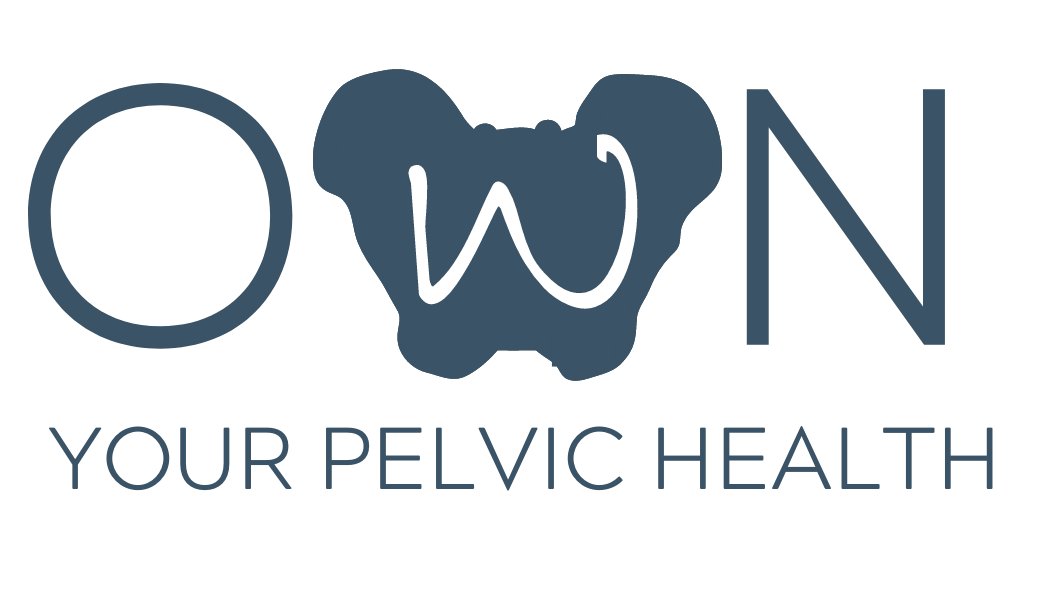What Does a Postpartum Doula Do?
If you’re about to welcome a new baby into your family, you’ve probably heard a lot about the importance of preparing for labor and delivery. But what about the period after your baby arrives? Often referred to as the "fourth trimester," the postpartum period can be as overwhelming as it is joyful. That’s where a postpartum doula comes in—and knowing the right questions to ask your doula can help you feel confident and supported during this transformative time.
What Does a Postpartum Doula Do?
A postpartum doula is a trained professional who provides physical, emotional, and informational support to families during the first days, weeks, or months after childbirth. Unlike a nanny or night nurse, a postpartum doula’s role focuses on supporting the entire family unit. This support may look different with different families depending on their needs and the doula’s style.
Benefits of a Postpartum Doula
Postpartum doulas wear many hats, tailoring their services to meet the unique needs of each family. Here are some ways they can support you:
1. Emotional Support
The postpartum period is a time of immense change. Hormonal fluctuations, sleep deprivation, and the demands of caring for a newborn can take a toll. A doula provides a compassionate, nonjudgmental presence to help you navigate these challenges. Whether you need someone to listen to your concerns or offer reassurance, your doula is there for you.
2. Practical Assistance
From helping with light household tasks like laundry and meal prep to teaching you soothing techniques for your baby, a postpartum doula helps ease the workload so you can focus on bonding with your little one.
3. Newborn Care Guidance
If you’re a first-time parent, learning how to care for a newborn can feel overwhelming. A doula can offer hands-on instruction in everything from diapering and bathing to feeding and swaddling. They can also help you interpret your baby’s cues, making it easier to understand their needs.
4. Breastfeeding and Feeding Support
Whether you’re breastfeeding, formula feeding, or doing a combination of both, a postpartum doula can provide guidance and troubleshoot common issues. They can also refer you to lactation consultants or other specialists if needed.
5. Partner and Sibling Support
Adjusting to life with a new baby is a family affair. A doula can help partners feel more confident in their roles and offer tips for involving older siblings in caring for the baby.
6. Resource Connection
Postpartum doulas are well-connected within their communities. If you need additional support, such as pelvic floor therapy, mental health services, or parenting classes, your doula can point you in the right direction.
Common Misconceptions About Doulas
Despite their many benefits, there are a few misconceptions about what postpartum doulas do:
● They only help with the baby: While newborn care is part of their role, doulas prioritize the well-being of the entire family.
● They replace medical professionals: Doulas are not doctors or nurses and do not provide medical care. Instead, they offer complementary support and can assess situations and help guide you to reach out to providers when needed.
● They judge parenting choices: Doulas respect your decisions, whether it’s about feeding, sleep routines, or parenting styles. A doula’s job is to help you to feel confident making the choices that are right for you and your family.
Postpartum Doula vs. Other Support Roles: What’s the Difference?
It’s common to wonder how a postpartum doula differs from other types of support. Here’s a quick comparison:
● Nanny/Newborn Care Specialist (NCS): Focuses primarily on caring for the baby and may not provide other support for the parents or household tasks.
● Lactation Consultant: Specializes in breastfeeding support but doesn’t typically offer broader postpartum care.
● Therapist: Provides mental health care but does not assist with practical tasks or newborn care.
A postpartum doula bridges these gaps by offering a holistic approach to family support.
How to Choose the Right Doula for You
When choosing a postpartum doula, consider the following:
● Training and Certification: While not all doulas are certified, many have completed training programs through organizations like DONA International, CAPPA, or ProDoula.
● Experience: Ask about their experience working with families in situations similar to yours.
● Personality Fit: Your doula will be spending time in your home during an intimate period. It’s essential to feel comfortable with them.
● Services Offered: Some doulas specialize in specific areas, such as multiples, preemies, or postpartum mental health.
The Essential Role of a Postpartum Doula
Welcoming a new baby is a life-changing experience, and having the right support can make all the difference. A postpartum doula provides the care, knowledge, and encouragement you need to thrive as a family. If you’re considering hiring one, know that their presence can be a game-changer for your postpartum journey.
Ready to learn more? Reach out to a postpartum doula in your area to discuss how they can support you during this special time.
Written by: Jenny Kramer

